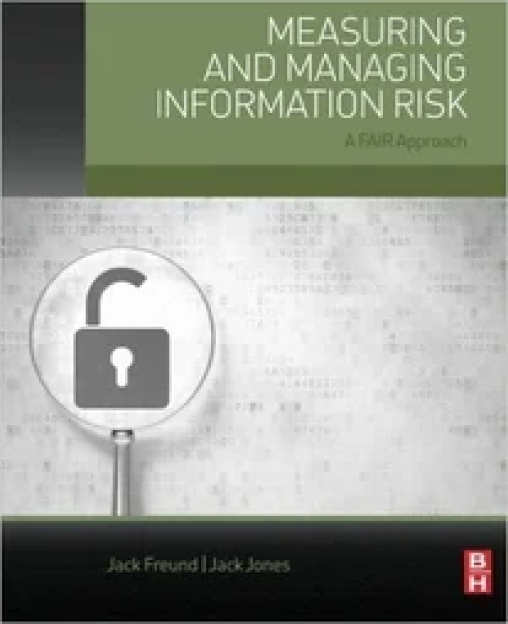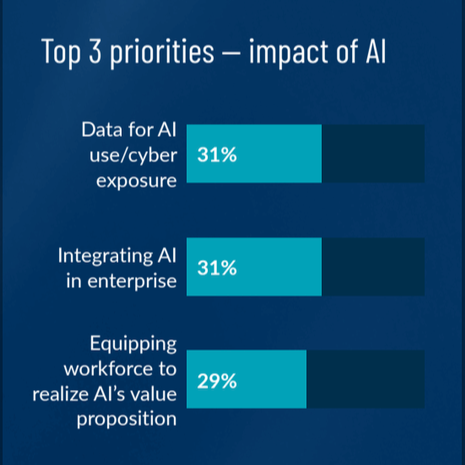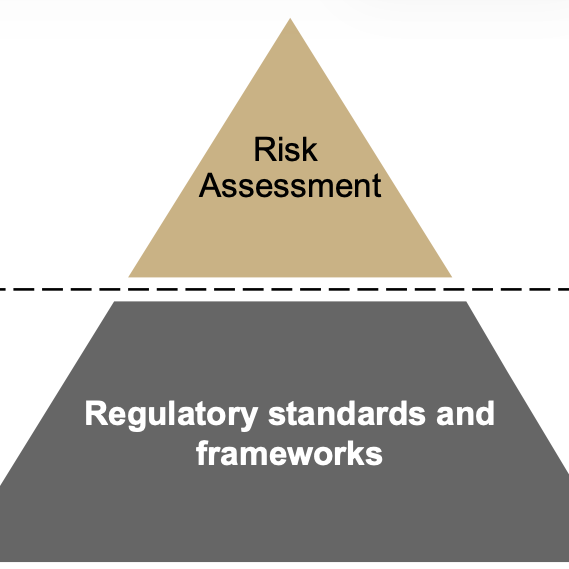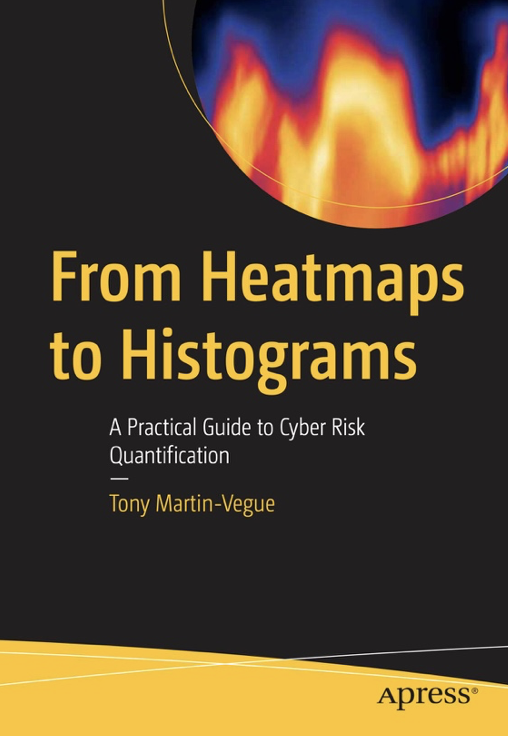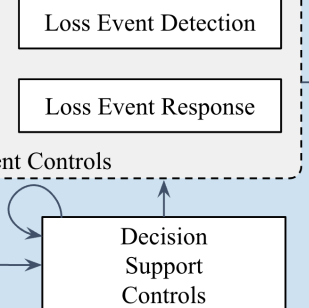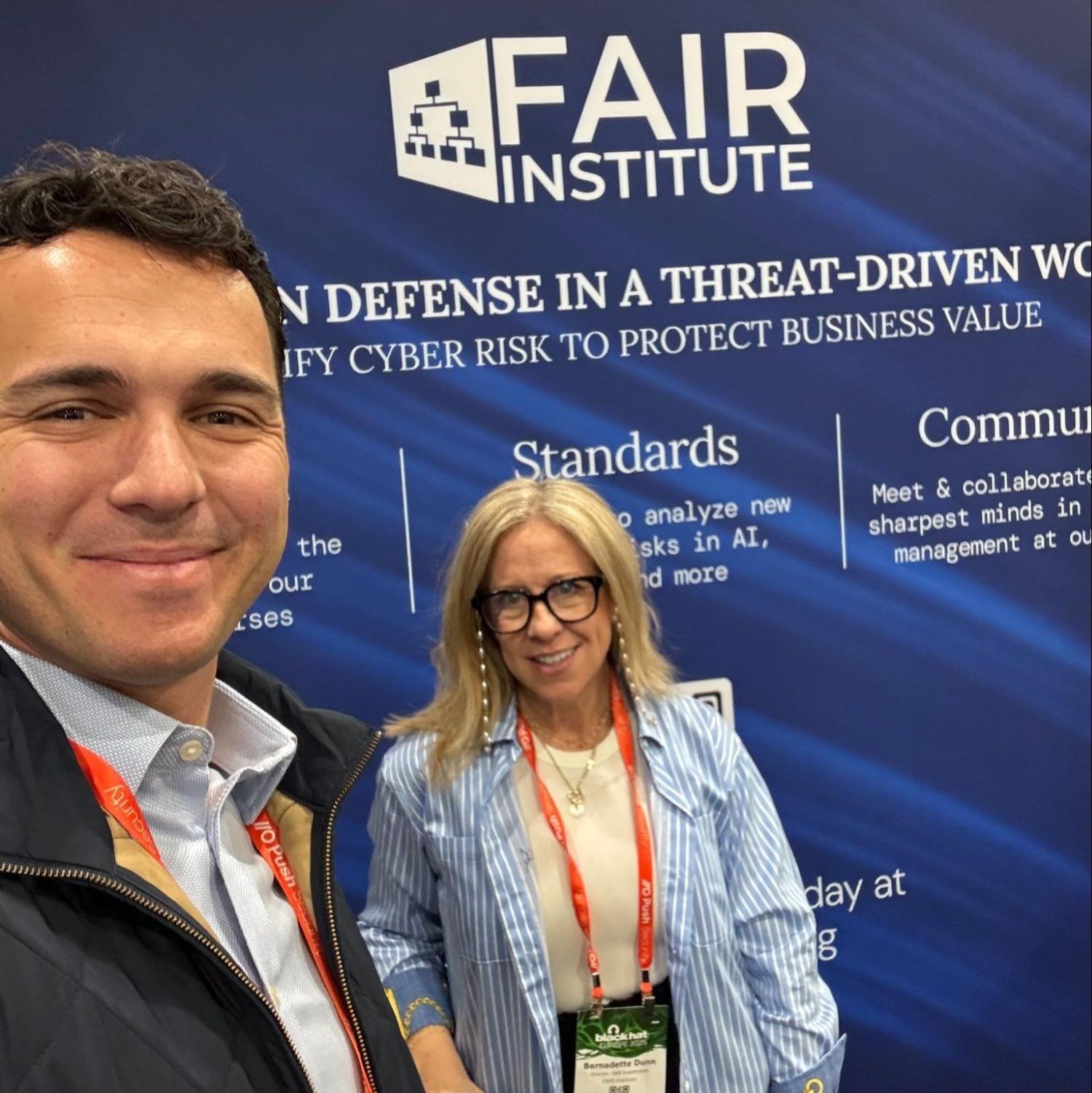
 Whether you’ve just been introduced to FAIR, recently completed RiskLens’ FAIR training, or learned about FAIR through self-study, pursuing the Open FAIR Certification is a worthwhile goal. As more large companies and regulatory bodies accept FAIR as a leading methodology for quantitatively analyzing risk, the Open FAIR Certification is becoming increasingly valuable.
Whether you’ve just been introduced to FAIR, recently completed RiskLens’ FAIR training, or learned about FAIR through self-study, pursuing the Open FAIR Certification is a worthwhile goal. As more large companies and regulatory bodies accept FAIR as a leading methodology for quantitatively analyzing risk, the Open FAIR Certification is becoming increasingly valuable.
Why should you get certified? Here are three reasons:
1. Certification proves your knowledge of FAIR.
Claiming knowledge of FAIR on a resume or in a job interview is one thing — having proof of your qualifications is quite another. Attaining the Open FAIR Certification proves that you understand the FAIR model, terminology that allows for a shared understanding of risk, how to gather calibrated estimates, and how to forecast future losses in a logically defensible way that allows for better decision-making.
The Open FAIR Certification is a credential that proves you’re on the leading edge of the broader adoption of quantitative risk analysis methods. It proves that you don’t just talk the talk, you know how to walk the walk and decompose risk so it can be measured and managed.
2. Certification can help you advance your career.
A professional certification is an investment in yourself, and that investment pays dividends. The list of major companies using FAIR as the foundation of their risk analysis programs is long and growing all the time. Walmart, Bank of America, Hewlett Packard Enterprise and other organizations have taken that step, and we increasingly see FAIR among the need-to-have skills on new job postings in the risk space.
No matter what position you may hold now, a certification in FAIR sets you apart from the crowd and can help make you the obvious choice for the risk analyst job of your dreams.
3. Certification can increase your credibility within your organization.
Are you trying to implement a FAIR-based risk analysis program but getting nowhere? Have your colleagues discredited your efforts because “nobody has even heard of this FAIR thing!” Being the person with the visionary idea for how to fundamentally change the risk culture of an organization can be difficult.
With a certification from an internationally-recognized standards body like the Open Group, some folks will be more inclined to listen. It’s unfortunate that this is the case, as the simplicity of decomposing risk into loss event frequency and loss magnitude should speak for itself, but it is the case nonetheless. Having a certification can give others more trust that you know what you’re doing and that it has been demonstrated to work.
The Open FAIR Certification is easily attainable — it consists only of an 80-question exam. After training or adequate self-study you’ll be ready to take the exam and begin your journey to being an experienced FAIR analyst.
To start, read this: A Six-Step Guide to Becoming FAIR Trained.
What doors will a FAIR certification open for you? I can’t wait to find out.
Are you already FAIR certified? How has the certification proven beneficial to you? Tell us in the comments below.



